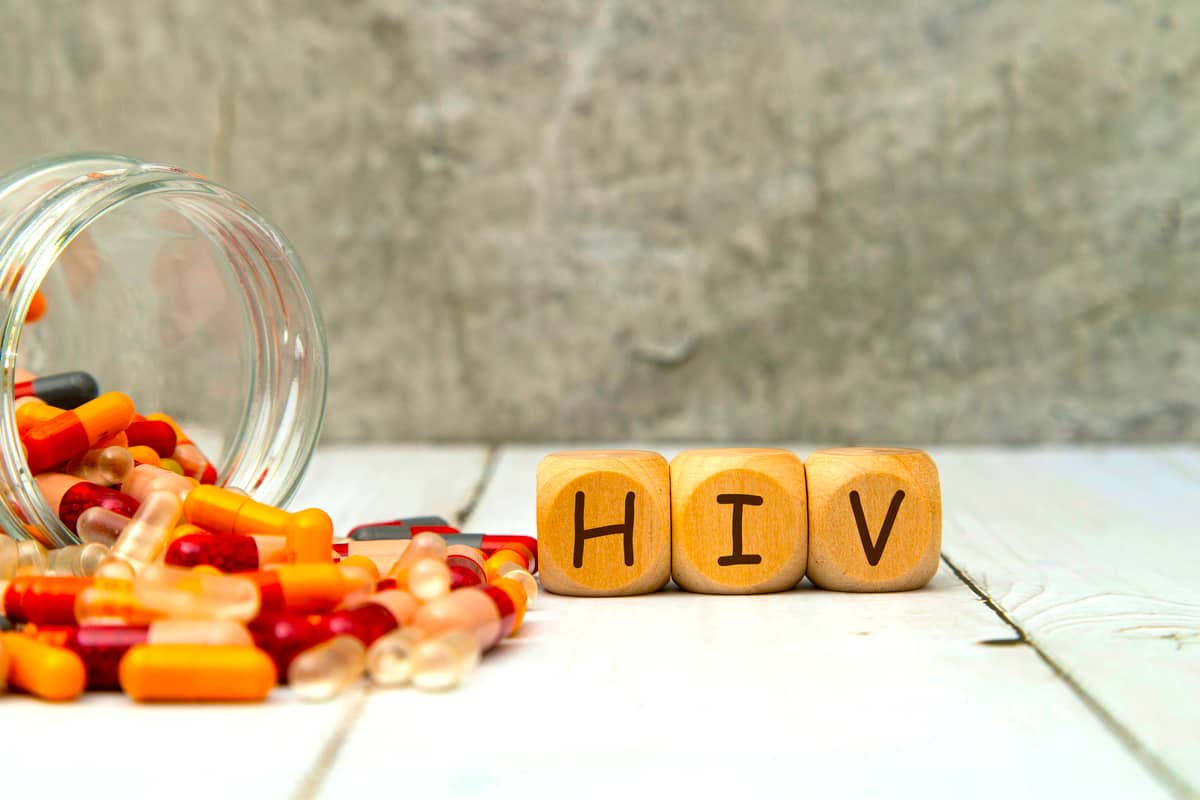The medication dolutegravir is establishing itself as a reliable first-line treatment option for individuals newly diagnosed with HIV.
A study on the use of the medication was recently presented in the highly renowned Lancet journal’s Eclinical Medicine. Commissioned by the World Health Organization (WHO), the study aims to help further update of HIV treatment guidelines in the new future.
More Reliable HIV Treatment Options?
WHO already has its guidelines on HIV antiretroviral therapy (ART) but these are being updated all the time as research and pharmaceutical advances shed light on new opportunities.
The new study was released on October 16, 2020. Researchers discovered that dolutegravir (DTG) is an optimal medication for first-line treatment in people newly diagnosed as HIV-positive.
Previously, dolutegravir was labelled effective. The medication, however, wasn’t safety tested among niche segments of the population like pregnant women and individuals living with multiple conditions like HIV and tuberculosis, for example.
A 2018 study even suggested that taking dolutegravir during pregnancy increased the risk of neural malformations in the unborn child.
Luckily, the new study disproves such prior claims. The meta-analysis involved 68 existing ART clinical trials. The examination suggests that dolutegravir is superior to other types of ART medications like efavirenz in terms of viral suppression, tolerability, safety and other key outcomes.
Researchers found an approximate five per cent increase in viral suppression when dolutegravir was used instead of other ART medications. Hence, they conclude that the drug is a viable choice if we are to meet international WHO goals for the treatment of HIV and AIDS.
Low Risk of Pregnancy Complications
Needless to say, it’s important to discuss the probability of pregnancy complications and neural defects in the unborn children of HIV-positive women who are taking dolutegravir.
According to the researchers, the risk is much more tolerable than what previous studies suggest. Dolutegravir and efavirenz have similar rate of causing adverse outcomes in pregnant women – about 0.03 per cent.
While this issue has been clarified, there are still side effects that need to be taken in account.
Researchers found out that dolutegravir has been linked to increased weight gain in all tested populations. This problem could contribute to other medicinal issues stemming from the accumulation of excess weight. Such complications are more likely to occur now than ever before because individuals living with HIV are getting to reach an old age and experience the development of age-related medical issues as a result.
The Story of Dolutegravir
Since 2019, the World Health Organization has been recommending dolutegravir as a preferred HIV treatment option among all populations.
Dolutegravir or DTG is typically used alongside other ART for the treatment of HIV infections. In some instances, it has also been used for post-exposure prophylaxis or HIV PEP.
Taken orally, dolutegravir was approved for use in the US in 2013. Eventually, it became added to the WHO List of Essential Medicines – a guideline for the safest and most effective medications needed within every health system.
Apart from being well tolerated, DTG has demonstrated another desirable and highly important trait – it has a high genetic barrier to the development of drug resistance. This means that DTG will continue being effective even after prolonged use.
WHO’s recommendation suggests that dolutegravir is suitable as both a first-line and a second-line treatment option.
First-line drugs are the ones that are administered initially after a person gets diagnosed with a certain disease. They are preferred over other medications due to their effectiveness and safety. Second-line drugs are the ones introduced whenever first-line medications fail delivering the desired outcome.
Based on the recommendation, 2019 saw 82 low and middle-income countries making a transition to DTG as a first-line HIV treatment option.
In June 2020, dolutegravir received US approval for the treatment of HIV-1 infection in children over the age of four weeks. Later on, the Food and Drug Administration (FDA) its approval for the local manufacturing of DTG under a brand name.
HIV Is Not a Death Sentence, Learn Your Status Now!
The development of new, better, safer and more effective ART medications has turned HIV into a manageable infection. Whenever a person receives adequate treatment early on, their viral load can be suppressed enough to enable the maintenance of normal life. This is why everyone who is sexually active needs to get in the habit of regular HIV testing.
HIV tests are affordable and readily available in Singapore. On top of that, many of them provide results in a matter of minutes.
If you are a sexually active individual, do get tested at least once per year. Individuals who engage in behaviours classified as high risk should be tested every few months. These people could also be entitled to preventative options like HIV PEP and pre-exposure prophylaxis or HIV PrEP.
Do you want to learn more about HIV prevention, transmission and treatment protocols? Shim Clinic has the answers for you and we will consult you in a completely confidential manner.
Contact us today if you’d like to have your inquiries addressed. Alternatively, come to the clinic during our working hours every day of the week. We can test you, inform you and recommend medical assistance in the case of such being needed.
Sources of Information:
Kanters, S., et al. (2020) Comparative efficacy, tolerability and safety of dolutegravir and efavirenz 400mg among antiretroviral therapies for first-line HIV treatment: A systematic literature review and network meta-analysis. EClinicalMedicine. https://www.thelancet.com/journals/eclinm/article/PIIS2589-5370(20)30317-5/fulltext

